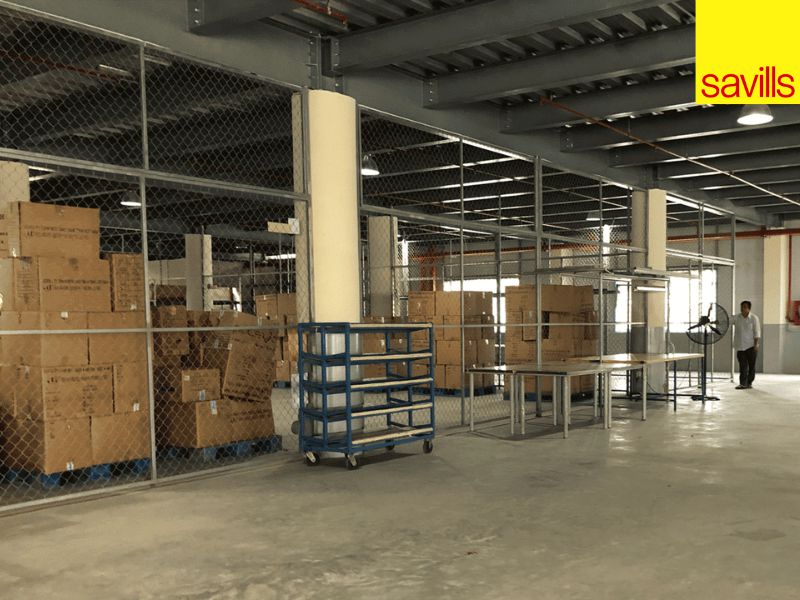
Vietnam boasts one of the fastest-growing logistics sectors in the world, fueled by its expanding economy, trade, high value-added manufacturing, and a rising middle class driving the e-commerce boom.
Retail e-commerce revenue surged from $8 billion in 2018 to $16.4 billion in 2022, according to the Vietnam E-commerce Association (Vecom) in their 2023 Vietnam E-Business Index (EBI) report.
Despite rapid growth, e-commerce in Vietnam has not yet reached its full potential, accounting for only 8.5% of total retail sales of consumer goods and services.
Vietnam may be a “latecomer” to the e-Commerce market compared to other countries in the region. But it is an attractive destination for e-commerce businesses to invest in.
According to the Ministry of Industry and Trade, Vietnam’s online retail sales increased by 20% in 2020, reaching $11.8 billion, of which major e-commerce platforms such as Shopee, Tiki, and Lazada accounted for nearly 70% of the market share. The E-commerce Vietnam will reach $32 billion by 2025. According to Google’s report, Vietnam’s e-commerce market will be among the top three markets attracting the most investors in the region.

Vietnam’s e-commerce market with the “money-burning” race brings value to consumers
The attraction of Vietnam’s e-commerce market is also shown through its dizzying growth rate, surpassing traditional retail industries such as supermarkets, convenience stores, and markets. Therefore, McKinsey and Company predict that Vietnam’s e-commerce market can be as big as the traditional retail industry by 2025.
The growth of online services and goods, as well as the acceptance of online payment options like e-wallets, credit cards, and internet banking are other factors driving the development of e commerce in Vietnam.
Despite the rapid development of e-commerce in Vietnam, there are still many challenges to overcome to achieve sustainable and optimal development.

Aside from the challenges of developing e-commerce in Vietnam, the e-commerce market has many opportunities to promote the growth of this field:
According to the statistics of the Ministry of Planning and Investment and the General Statistics Office, the GDP scale of Vietnam at 2022 prices is estimated to reach 9,513 trillion VND in 2022. It can be seen that the scale of the Vietnamese economy has grown significantly, 10 times more than in 2000. This growth has created an increasing demand for shopping, including online shopping.
With a population of over 99 million, Vietnam has a young and dynamic population with 72.1 million Internet users, accounting for 73.2% of the population. The number of Internet users is increasing rapidly, especially among young people. This creates great potential for the development of e-commerce, especially in the field of online retail.

Vietnam has more than 72 million daily smartphone users
Companies such as Alibaba, JD.com, and Amazon have all invested in the Vietnamese e-commerce market through services such as Lazada and Shopee. The investment of these investors not only provides capital and management skills for local companies but also helps expand the online sales market and improve the quality of products and services. In addition to e-commerce platforms in developed countries, there are also many domestic e-commerce platforms such as Tiki, Sendo, and Voso. This creates a diverse and competitive market, attracting more investors and promoting the development of the e-commerce industry in Vietnam.

The e-commerce market in Vietnam has also developed strongly in recent times.
However, Vietnamese e-commerce platforms still face many challenges regarding capital, human resources, and technology to compete with imported e-commerce sites.
In general, amidst the current trend, the e-commerce marketing in Vietnam is still on a strong development path. Despite facing difficulties in infrastructure, labor, technology, etc., with the stability of the market in recent times, the Vietnamese e-commerce market still attracts many investors. Especially when the markets of other countries in the region and the world are still struggling to cope with the global recession.
In order for businesses to invest and grasp the trend and meet the development of e-commerce in Vietnam, a modern system of factories, warehouses, and logistics will be the decisive factor for the competitiveness of businesses. Therefore, you can contact Savills Vietnam through the hotline number: 0986.718.337 – Mr. John Campbell for advice on industrial real estate projects in Vietnam.